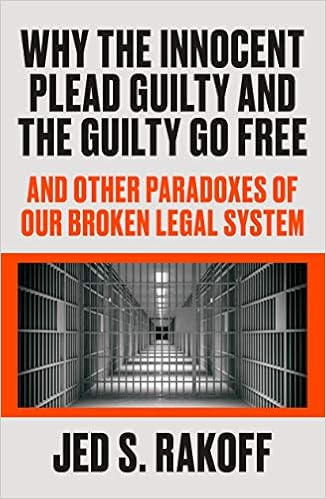COMES NOW Defendant Cross-Plaintiff David Markus
(hereinafter referred to as “Defendant” or “Cross-Plaintiff” or “Mr.
Markus”), by and through undersigned counsel, who hereby files
this motion for summary judgment (the “motion” or “MSJ” or “summary
judgment” ) pursuant to Federal Rules of Civil Procedure (hereinafter
“the Rules”) and states as follows.
Oy vey. Did that introduction help in any way to persuade you of anything? Of course not. But Rumpole laps up the legalese in this post over at his blog, which is usually wonderful, but is very wrong on this point.
We no longer write motions on a typewriter with
carbon paper. We don’t rent videos from Blockbuster. We don’t take
film to a camera store to be developed. We don’t use curled up paper in
a fax machine. Or even a fax machine at all.
Likewise, we don’t need
words like COMES NOW, hereby, herein, aforementioned, inter alia,
heretofore, know all men by these premises, and so on. If the goal of
legal writing is to persuade, we should do away with archaic legalese.
Plain and easy to understand English is the way to go. Phrases like
COMES NOW do not add anything to a motion. They are not persuasive.
They are meaningless.
Bryan Garner, the legal writing authority, says
the term COMES NOW should be banned and asks whether lawyers who use
such terms “think that the phrase made them sound more thunderous and
authoritative?” Justice Scalia started this plain English trend at the
Supreme Court. And it has taken root with the best legal writers
across the courts. From Robin Rosenbaum and William Pryor in the
Eleventh Circuit to Alex Kozinski, former Chief Judge of the Ninth
Circuit.
Rumpole wants to stick to tradition, but this is a
tradition that needs to be abandoned. Lawyers also used to wear wigs
to court. Saying things like: I’ve received the your blog argument and “ hereby
acknowledge same” doesn’t sound lawyerly. It sounds like you’re a
wanna-be lawyer.
Rumpole, PLEASE GOVERN YOURSELF ACCORDINGLY.
Okay, don’t use that one either!










